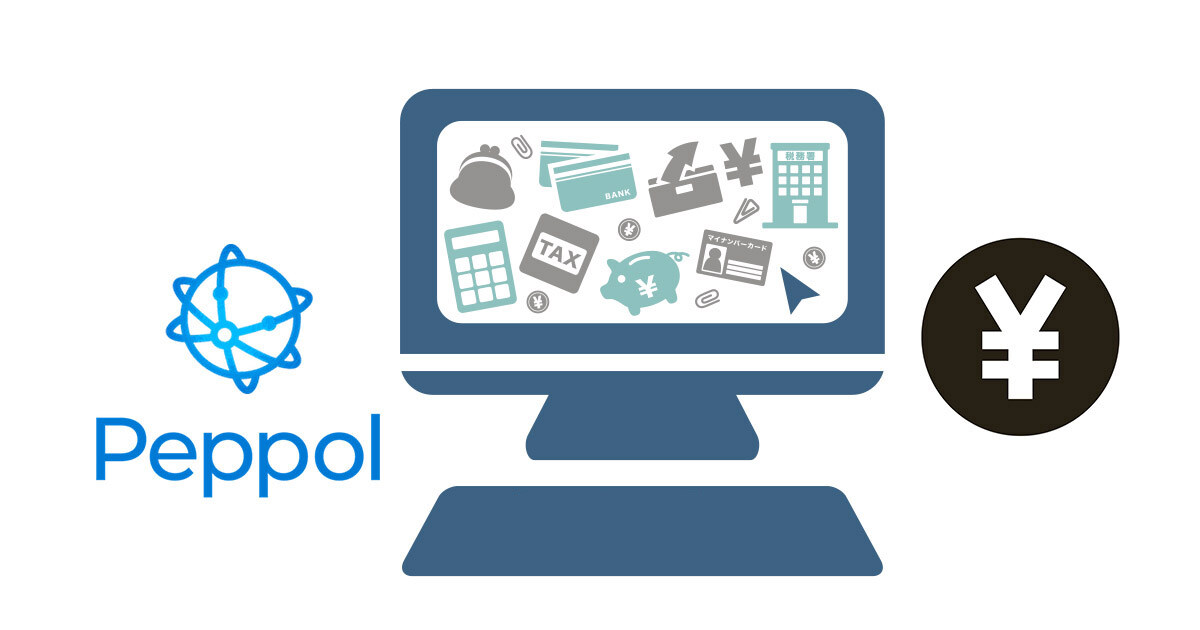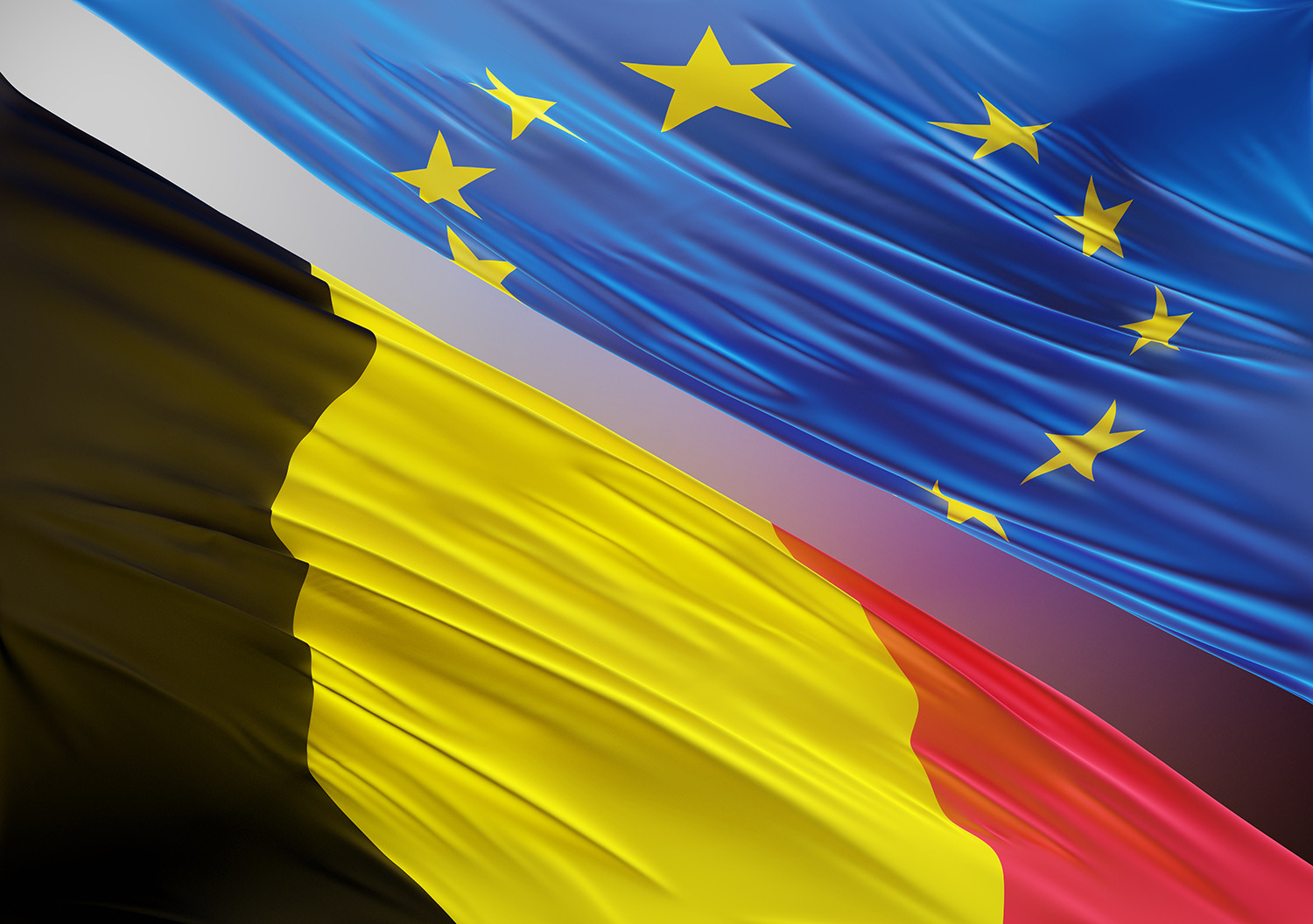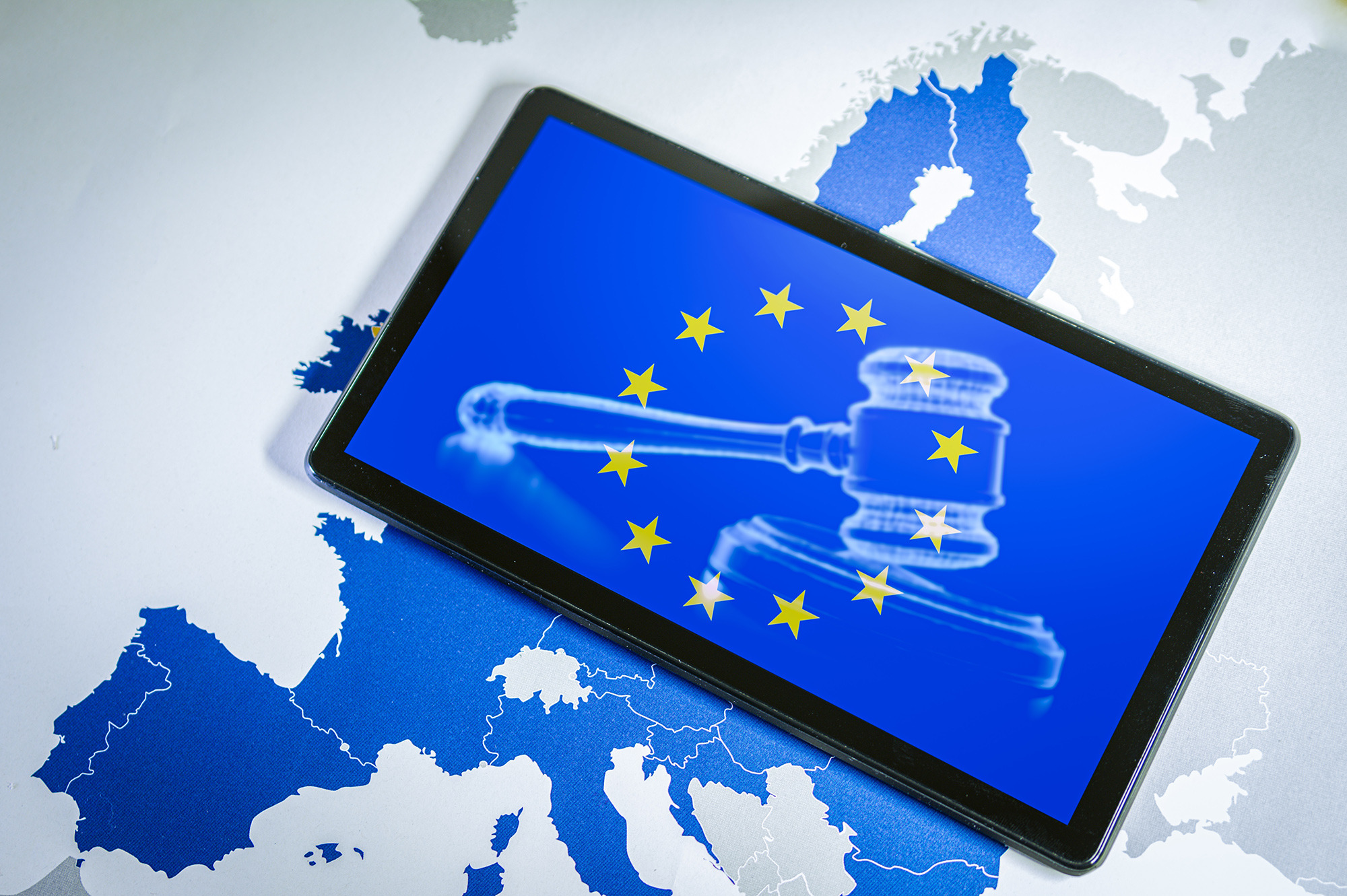News roundup: Norwegian billions, EU standard and Peppol

Norwegian e-invoice proposal saves big money
The consultation period on the proposal to introduce mandatory e-invoicing and digital bookkeeping for businesses in Norway has just ended (October 31). It is too early to say what the final decision will be, but it is clear that the Norwegian government is promoting its proposal.
"Electronic invoicing will result in significant savings and also make it more difficult to conceal financial crime. The more people send and receive e-invoices, the greater the overall benefit will be - both for companies and society," says Minister of Trade and Industry Cecilie Myrseth (Labor Party) in a press release.
The document has been prepared by the Directorate of Taxes on behalf of the Ministry of Finance. The documents propose that it will be mandatory from 1 January 2028 for companies subject to mandatory accounting to send e-invoices and that it will be mandatory from 1 January 2030 to receive e-invoices and require digital accounting.
The Norwegian government believes that increased digitization and smarter regulations will free up time, reduce costs and strengthen the competitiveness of Norwegian companies.
"The simplification work is about freeing up time and resources so that companies can use their energy on what they do best - creating value and jobs. We have delivered measures that will provide around NOK 7 billion in annual simplification for business when we include the proposal for consistent use of electronic invoicing," says Minister of Trade and Industry Cecilie Myrseth.Updated version of the e-invoicing standard
Following the approval of the EU's VAT in the Digital Age (ViDA) reform package, the European Committee for Standardization (CEN) has adopted a revised version of the e-invoicing standard EN 16931-1.
The new standard adapts the original B2G model from 2017 to also cover B2B invoicing and the digital reporting requirements that will come into force in July 2030.
The CEN working group CEN/TC 434 has worked along three main tracks: a new semantic data model for B2B transactions, updated syntax rules for CII and UBL - with clearer requirements for mandatory and optional fields - and an improved methodology for additions and industry-specific adaptations.
Among the concrete innovations are support for recurring orders, discounts for prompt payment, late fees, IBAN details, correction numbers, currency management, and new classifications for exempt and special VAT schemes. The possibility to attach XML attachments has also been introduced. The updated standard will be published shortly.
France moves closer to Peppol-based e-invoicing
The French tax authority DGFiP is introducing B2B e-invoicing via Peppol from September 2026 with separate e-reporting for B2C transactions.
The roll-out will be phased in: larger companies first, followed by smaller companies in September 2027. A new e-invoicing guide was published on 20 October and testing of the central directory has started.
The French draft budget for 2026 confirms that the decisions on new platforms and penalty rules are firmly in place and that implementation is included in the state budget.
Caption:
Norway's Minister of Trade and Industry Cecilie Myrseth highlights the benefits of e-invoicing, arguing that digitization saves money and time and increases the competitiveness of businesses. Norway is in the process of introducing mandatory e-invoicing for national B2B transactions. The consultation period for the proposal ended on Friday. A decision by the Storting now remains.
Photo: PRESSBILD, regjeringen.no
Sources:
regjeringen.no
www.vatcalc.com
Read more:
Mandatory digital accounting and e-invoicing on referral in Norway
Norway investigates e-invoice requirements for businesses


